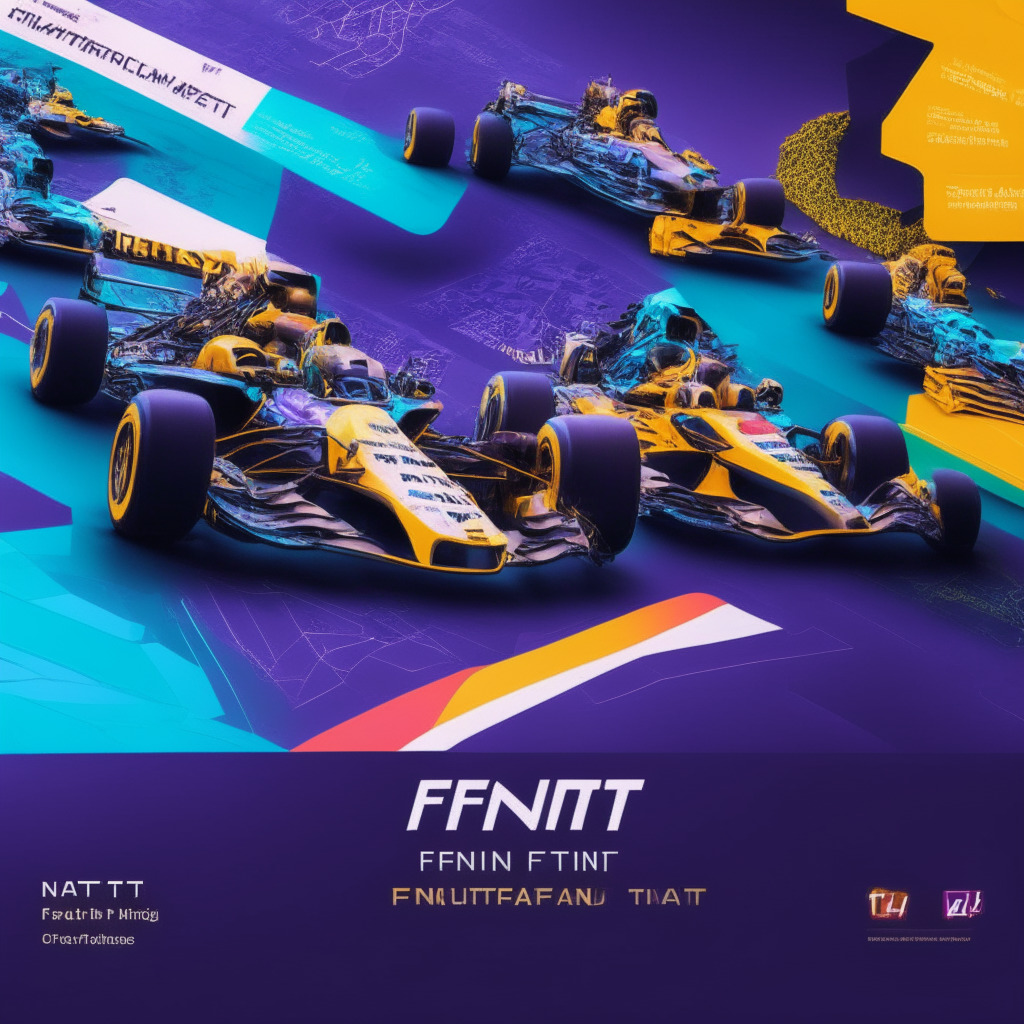The world of sports and entertainment is evolving rapidly, and with the debut of non-fungible token (NFT) race tickets at the Monaco Grand Prix this weekend, Formula 1 has taken a decisive step into the digital age. Platinium Group, the leading ticket issuer for Formula 1, has collaborated with blockchain infrastructure company Elemint and Web3 agency Bary to create, mint, and sell these groundbreaking NFT tickets. According to a press release, these tickets will be minted on the Ethereum sidechain Polygon and will provide not only access to the race but also additional utility to holders after the event, such as hospitality benefits and future race discounts.
Elie Zerbib, Co-Founder of Bary, praises the benefits of NFT tickets, emphasizing transparency, traceability, seamless digital ticketing, personalization, and engagement. However, ensuring easy onboarding for fans worldwide is paramount. To this end, Zerbib explains that users won’t need advanced Web3 knowledge when purchasing an NFT ticket, nor will they feel excluded from the revolutionary experience.
Jacques-Henri Eyraud, CEO of Elemint, sees the potential of blockchain technology in event ticketing as extending beyond Formula 1. With Web3 technologies, ticketing solutions that are more secure, adaptable, and personalized will become accessible for various sports competitions and other entertainment events.
While the introduction of NFT tickets may revolutionize the F1 experience, skeptics still raise some concerns. One major challenge will be convincing fans to embrace this new technology, which could be seen as an unnecessary complication rather than an enhancement to their overall experience. Additionally, the environmental impact of NFTs and blockchain technology has been a hotly debated topic, which may be a concern for a sport that is striving to reduce its carbon footprint.
Despite these issues, the partnership between Formula 1 and the emerging blockchain industry seems to be gaining significant traction. Over the past two years, various crypto companies have signed sponsorship deals with Formula 1 to gain exposure to a global audience. In June 2021, digital asset exchange Crypto.com formed a partnership with Formula 1 to display its branding on the track throughout the season. Similarly, in March, digital asset brokerage Kraken signed a sponsorship deal with the Williams Racing team.
In conclusion, the adoption of NFT race tickets by Formula 1’s Platinium Group, Elemint, and Bary marks a significant step in the ongoing marriage of sports and blockchain technology. The benefits of these innovative NFT tickets, ranging from additional perks for holders to increased security and personalization, suggest a bright future for this new technology. However, with challenges such as user adoption and environmental concerns yet to be addressed, only time will tell whether NFT ticketing becomes the new norm in the world of sports and entertainment.
Source: Coindesk




